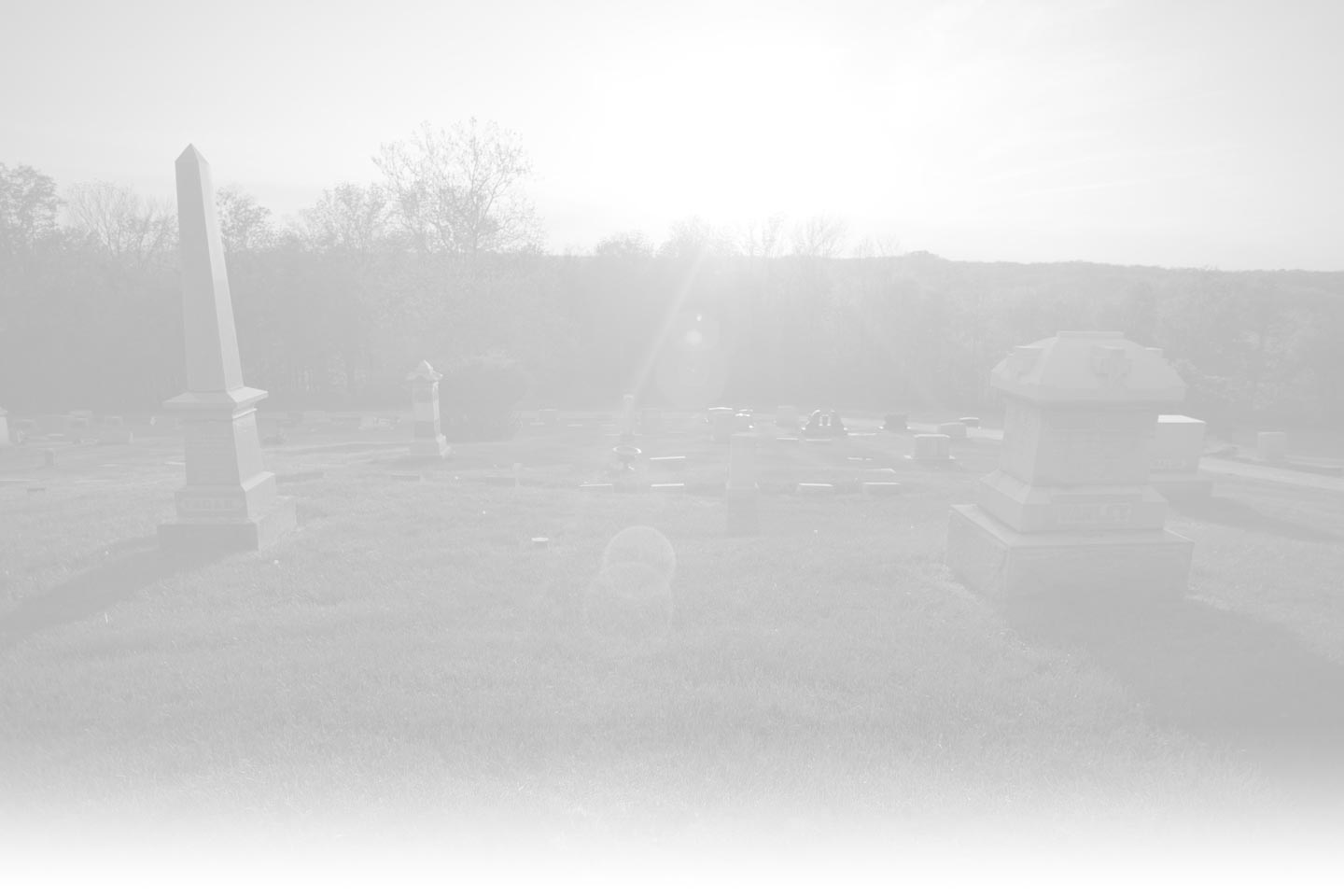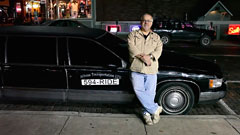Honor Thy Brother
Aging veterans pay tribute to the fallen
The process starts with a phone call. When a veteran dies in Athens County, the phone at John Montgomery's house rings. The funeral director tells John the name, age, military branch, and service history of the deceased. Through a phone chain, John notifies the other guards from the American Legions and Veterans of Foreign Wars in Albany and Athens that a fellow veteran will be laid to rest.
On the day of the funeral, each of the fifteen members of the Athens County Combined Honor Guard dress in their uniforms and meet at the Athens American Legion, where they pick up their guns and carpool to the funeral home.
"We do a walk-through where we salute the fallen veteran," John says. "When you're in the military, you're like brothers."
When you're in the military, you're like brothers.—John Montgomery
Military funerals hold great meaning. Perhaps the most memorable is the 21-gun salute. The captain orders seven men to raise their rifles, pointing eastward over the head of the deceased. Once, twice, three times the order is given to fire, each volley a deafening blast.
The playing of taps after the volleys can is a very emotional time for the families and the guard.
"I've done hundreds of funerals, and it still gets me," John says. Folding the flag, John tucks in the seven shells from one of the rifle rounds, and presents it to the widow or the eldest child with a salute and a dedication.
"A grateful nation presents you with this flag for your husband's or father's service, for his country and for his family, friends and neighbors, and through the American Legion and the VFWs of Athens County, we thank him for his service."
The group's members share common experiences despite having served in different wars abroad.
"You just become kind of long lost brothers," John says. They represent different branches of America's armed forces, and they work together performing duties and paying tribute at the funerals of veterans in Athens County and surrounding counties in southeast Ohio.
"It's a job you don't like to have to do, but it's got to be done," John says. It is about honor and respect for these men to lay their brothers, some of whom they know and many they don't, to their final rest.
"It's really something to, when you stop and think about it, tell your comrade in arms goodbye, because there were so many of them you didn't get to do that to."
Each funeral is different and challenging in its own way. Members are sometimes faced with burying people they know.
"It just goes with the territory, I guess," John says. "Because some of them are gonna have to put me away some day."




